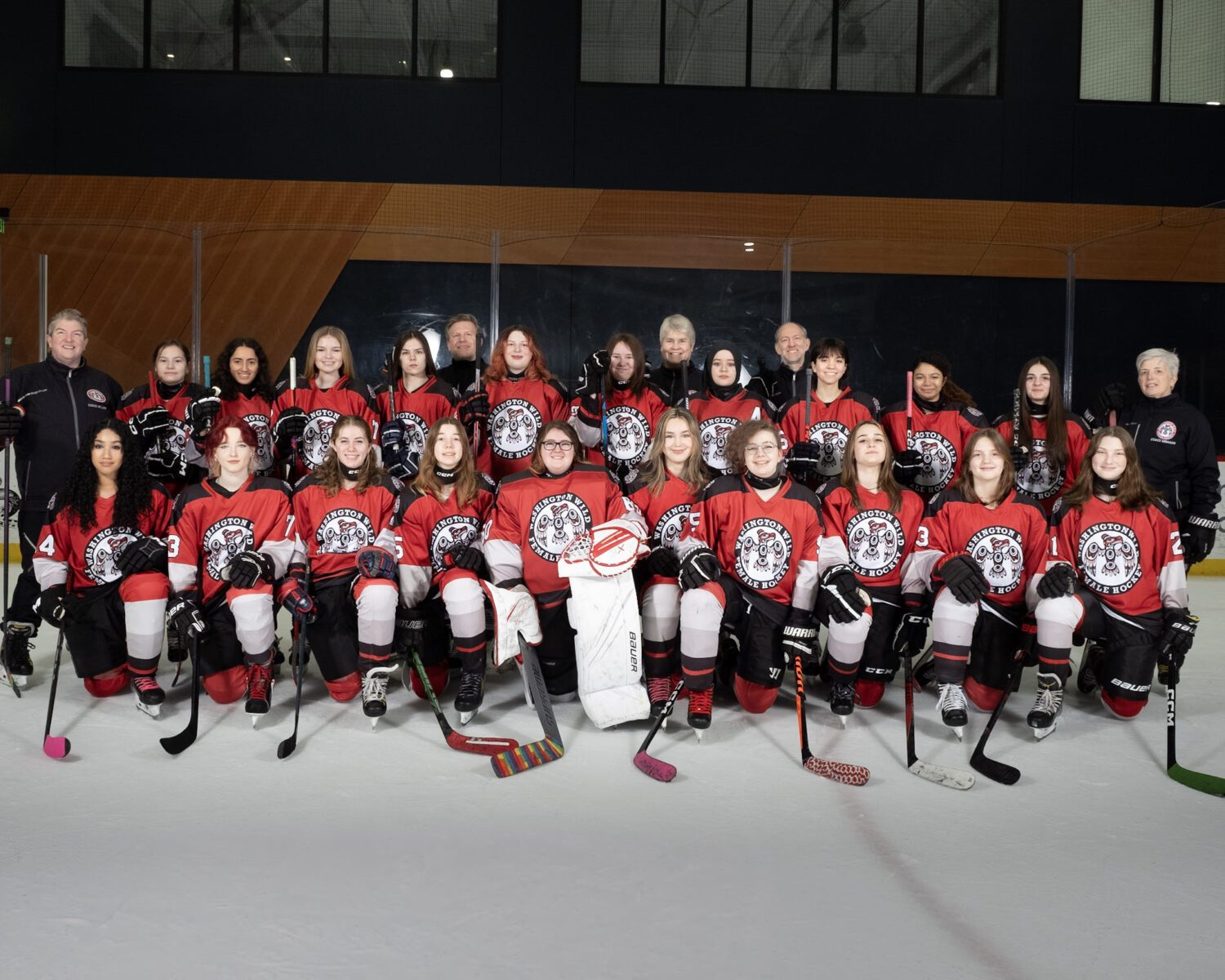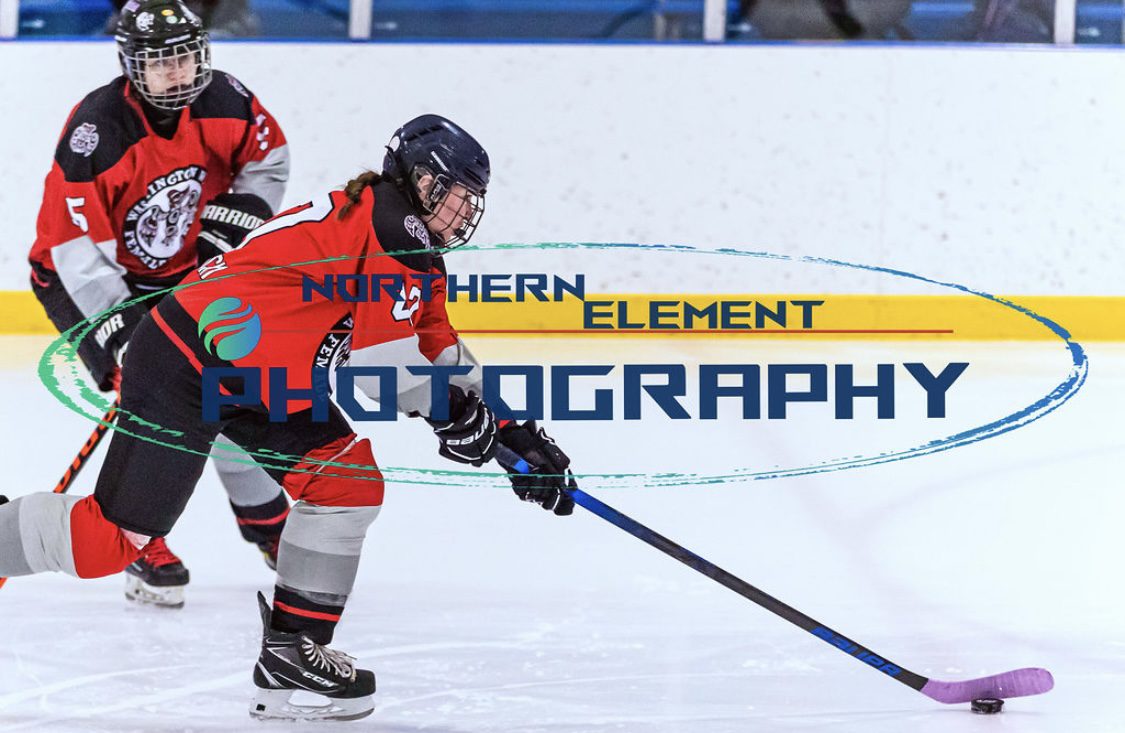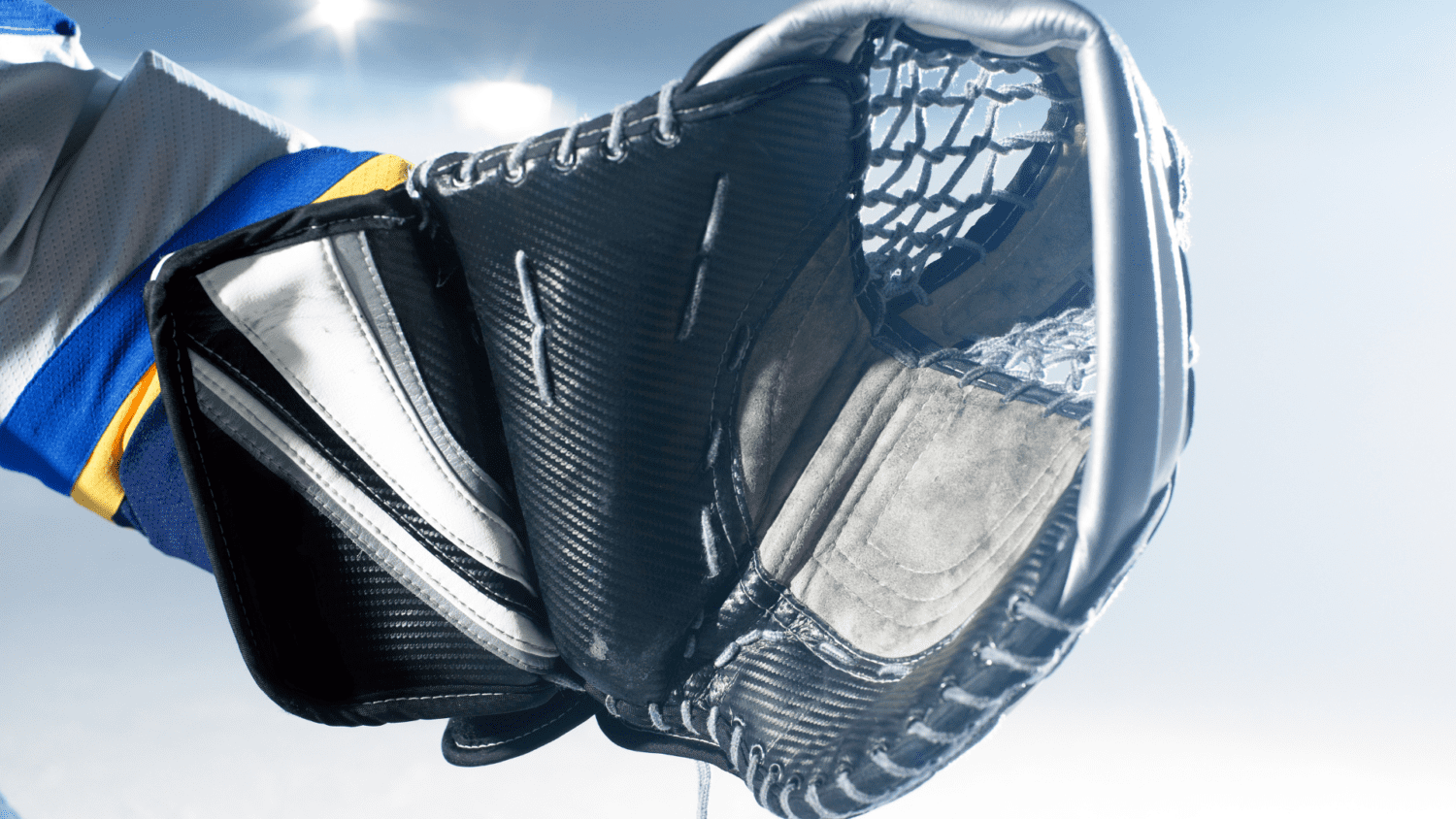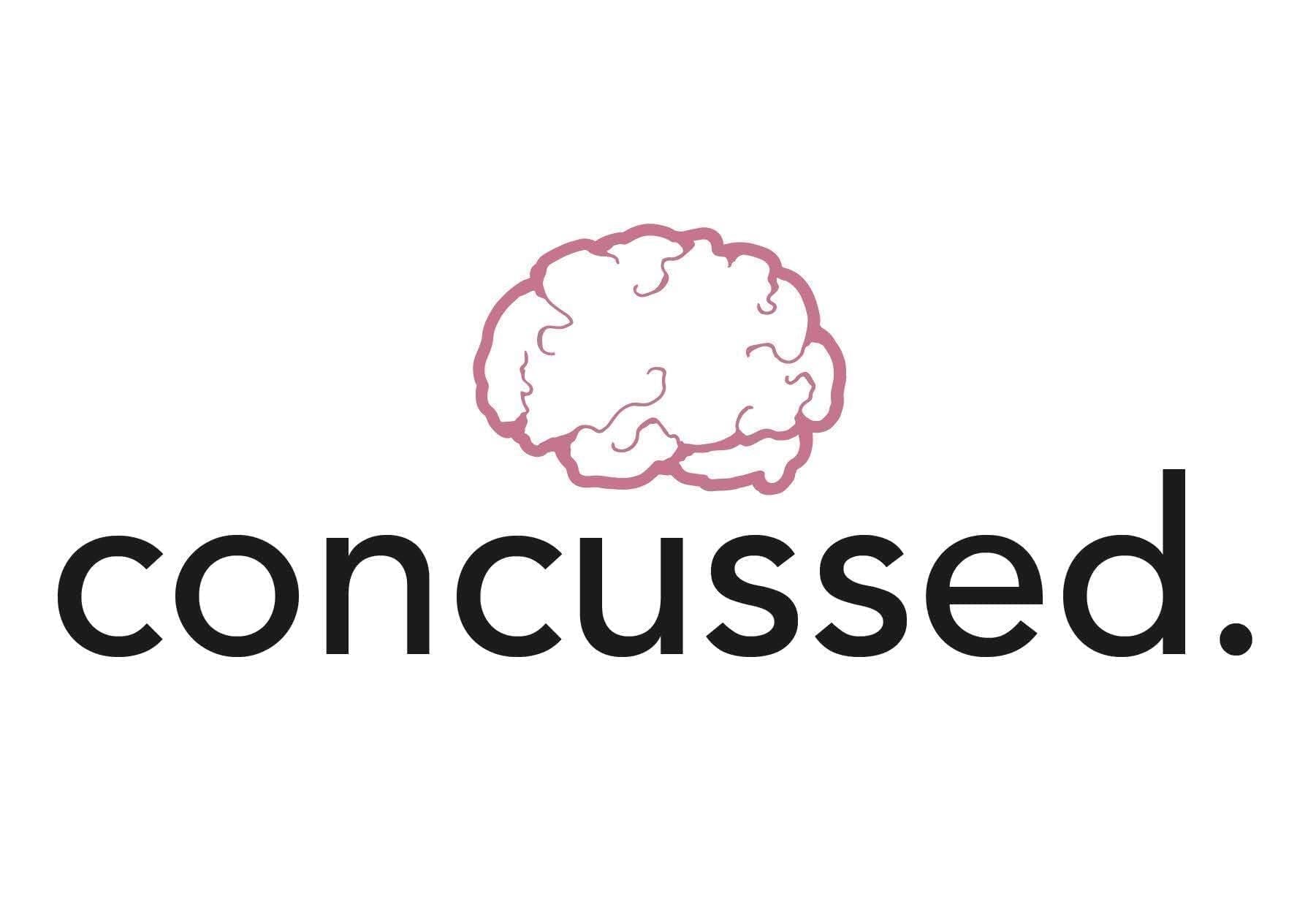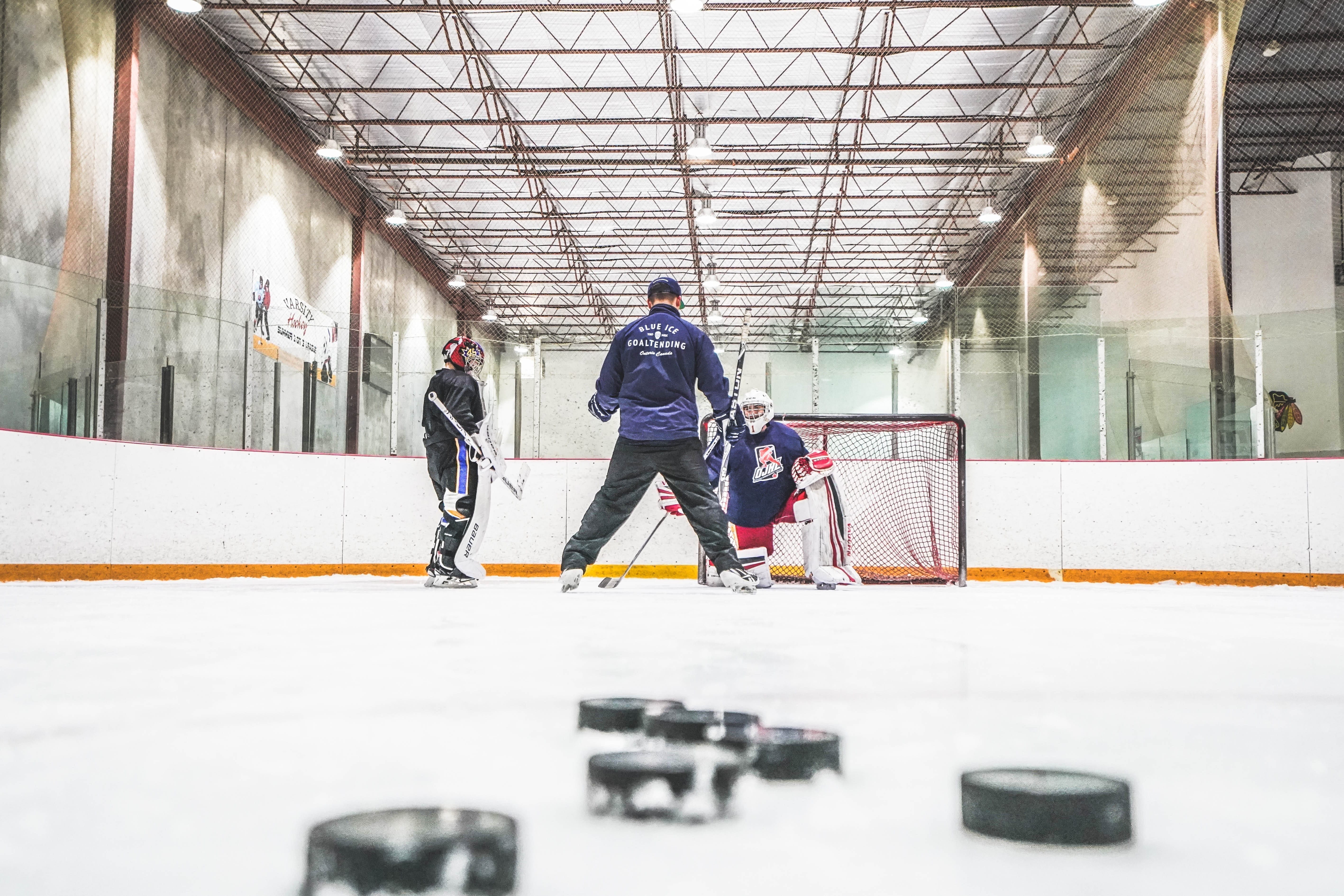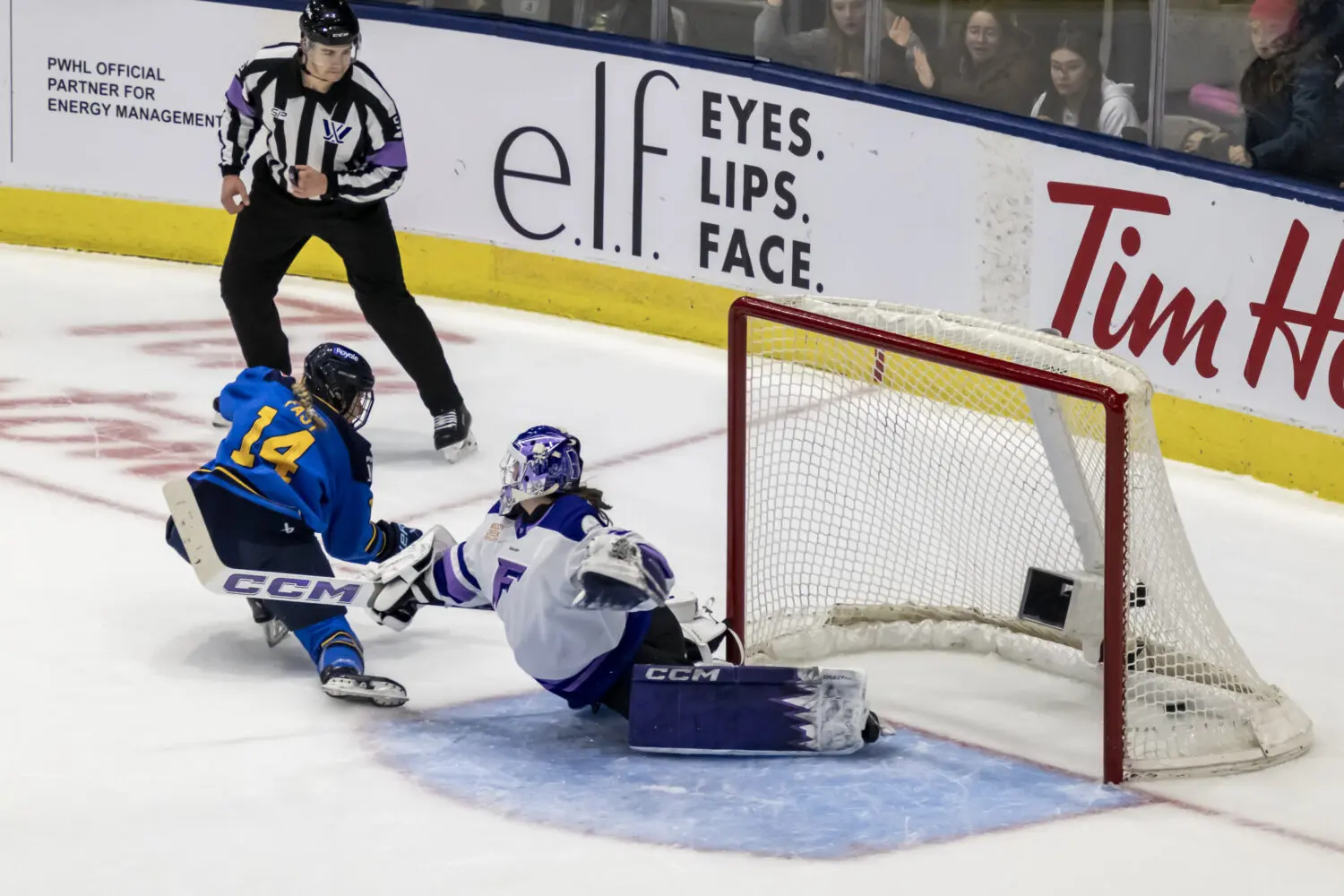Mental health is just as important as physical health, especially to an athlete, but we tend to ignore taking care of ourselves mentally. There are many people who may be guilty of this and may not even realize they’re doing it. With everything the world has been experiencing this year, our mental health has become even more crucial as people deal with new stressors, uncertainty, and for athletes, not having their sport as an outlet is leading to overwhelm and burnout.
Hockey players are not exempt from this; anyone can look on social media and see players have been erecting home training facilities in their garages or backyards to keep in shape. While extra training is good, it can take a huge toll on athletes mentally because they may be pushing themselves too hard and neglecting to rest, especially as they try to distract themselves from current circumstances. This dangerous combination of all work and no play, plus added stress can lead to mental burnout; if not dealt with correctly, it can cause even worse mental health issues.
With expert advice from our WHL Academy mindset coach, clinical counsellor Barb Egan, we’re helping you combat mental burnout and understand when it may be time to seek help.
RECOGNIZING BURNOUT
What exactly is burnout and who experiences it?
According to Barb, “Research says the 1 out of 2 people will experience burnout. So either we are one or we know someone. Burnout is like road block on the highway of high-achievers, so it can be helpful for athletes in particular to simply look out for the warning signs.”
You’ve most likely experienced some form of burnout before and it’s important to understand how to deal with it as it affects your everyday life. Barb offers excellent tips to keep yourself in check:
“A simple check-in with yourself can be monitoring your ‘tank’ or capacity out of 10, with 10/10 feeling great and 0/10 feeling unmotivated, lethargic, and even hopeless (i.e. what is the point?). Then, take a position of empowerment versus victim and helplessness. Start asking yourself: What can I do to just get ONE number higher?”
One of the key things Barb advises to get one number higher is doing what’s in your control. There are many aspects of our lives that are completely out of our control, so instead of focusing on those aspects, focus on what you can control to keep your “tank” as full as possible.
Warning signs of burnout:
- Fatigue and lack of motivation or interest
- Irritability
- Low stress tolerance
- Isolation or withdrawal from people or activities
- Easily overwhelmed or heightened anxiety
- Difficulty focusing or making decisions
- Low mood or feeling down
- Changes in sleeping or eating
- Getting run down, sick, or injured
- The body manifests symptoms of
chronic stress so there’s a huge correlation between the mind and
body
- The body manifests symptoms of
COMBATTING BURNOUT
Barb advises having mental check-ins with yourself, as well as a strategy called, “Name it to Tame it”. This strategy is simple yet powerful as it allows you to name what you are feeling and then tame it; once you name your feelings, you have more power to get over those feelings than be controlled by them.
Provided the warning signs of burnout, what can you do when checking in with yourself is not solving the problem? It is crucial to have a few trusted individuals in your life that you feel comfortable speaking to when you are experiencing burnout or are going through a tough time. Barb points out that when you have a trusted family member, coach, friend or mental health professional, they can help you see a different perspective, navigate your burnout and even optimize your mindset.
Although seeking help from a family member or friend can be quite helpful, sometimes it may be necessary to seek a mental health professional or a sports counsellor. By seeing a professional, they will be able to provide a trained and unbiased approach to your concerns. Finding the right sports counsellor can be difficult and Barb suggests asking your family doctor, performing a Google search or even consulting Psychology Today. As athletes, receiving help from a sports counsellor is especially effective as they are experienced in working with athletes that are undergoing unique pressures.
MENTAL HEALTH IN ATHLETES
Barb stresses that any individual, especially an athlete, should treat their mental health issues as if it were an injury. If you were to break your leg, you would see a professional and be advised to stop playing your sport and allow it to heal. Treat your mental health the same way, especially if you notice you are experiencing the signs of mental burnout.
It is important to note, that if your emotions are causing any symptoms of depression or anxiety to seek professional help. If you are having thoughts of suicide, please do not hesitate to reach out for help by calling 911, urgent care or the suicide prevention line.
Barb’s message to every athlete out there is this: “Ultimately, take care of yourself mentally just like you do physically! It can be tailored and personalized to YOU. You deserve it. Most importantly, know that’s its OK to not be OK all of the time. But it’s not OK to just stay there. So what is one thing you can do? One step at a time, one day or hour at a time.”
By being self-aware and recognizing the signs of mental burnout, seeking help when needed and finding direction, you will set yourself on a path to a more positive and healthy mindset. Having a strong mind to help you get through the good and bad days is key to being an outstanding athlete. Without a healthy mind, it will only lead to more struggle and have a negative impact on your everyday life. The most important thing to remember is that help is out there whenever you need it and you are never alone.
[adrotate group=”1″]
Related Articles
Categories
Recent Posts
[adrotate group=”2″]



